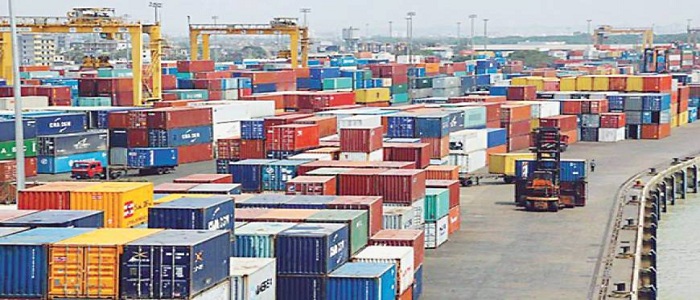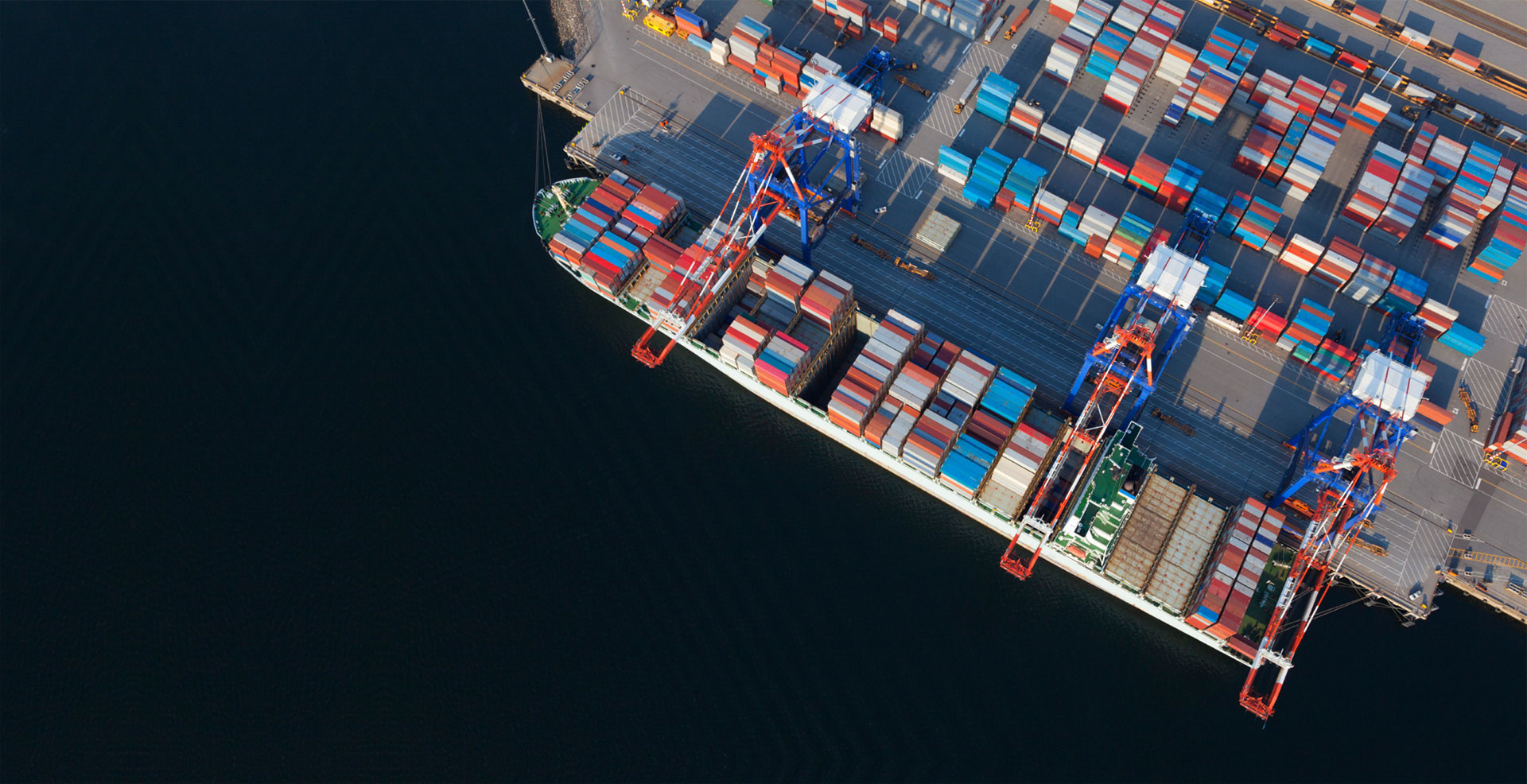
Self-registration of companies that want to export manufactured goods to the EU is the idea of the commerce ministry. Previously for exporters under the generalised system of preferences, the Export Inspection Council was issuing the certificates which were always leading to delays.
Time and money will be saved by this type of self-certification. As it certifies by levying less duty on them, the GSP gives priority to the exporters. To sell to the EU the non-GSP has to give more duty. From January 2017 to December 2019, for 3 years this self-certification will be applicable.
From 1971 with duty benefits, The US, EU, Australia and other developed countries started buying commodities from developing countries. At EU’s GSP, Products that get price preference are mainly divided into sensitive and non-sensitive. 30% reduction in the specific duty and 3.5% duty reduction on ad-valorem, the sensitive products will get and an elimination of tariff will be seen for the non-sensitive products.
The procedure is going to change under this idea of the government but the benefits the exporters get will remain the same. To be more responsible, the exporters have to follow the rules of the country.
Agricultural and Processed Food Products Export Development Authority made a data that in 2015-16 the farm exports from India to Germany have fallen down to $136.08 million from $157.63 in 2013-14. Because of falling global prices, there is a decline in the farm exports.










